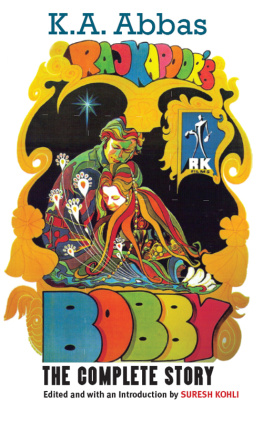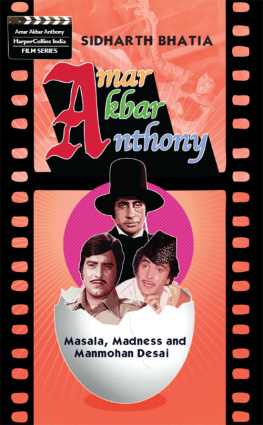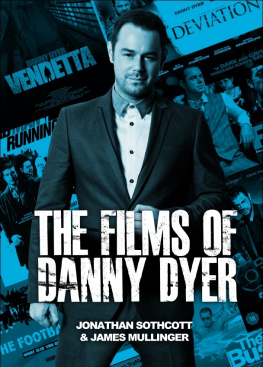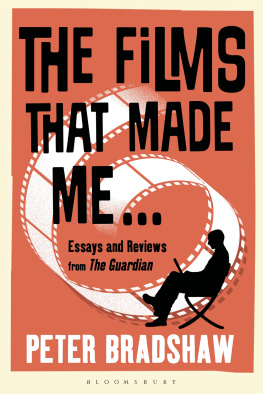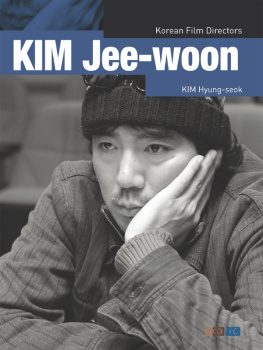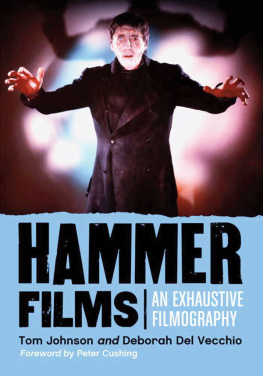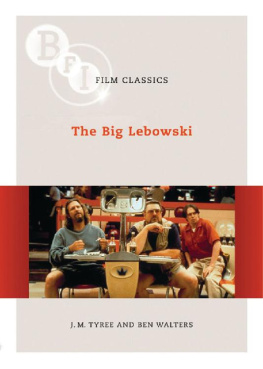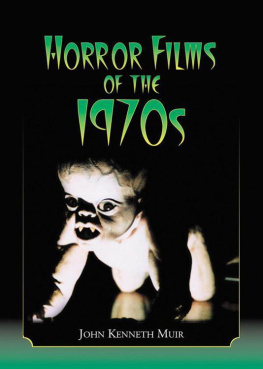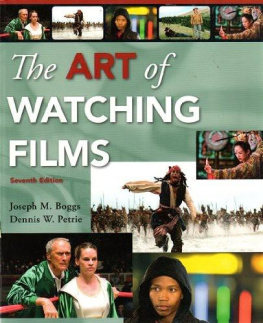
BOBBY
The Complete Story
KHWAJA AHMAD ABBAS
Edited and with an Introduction by
SURESH KOHLI

Table of Contents
HIS expensive, most ambitious venture, Mera Naam Joker, had flopped. Raj Kapoor was down and out, heavily in debt, with the house and studio mortgaged. Depression led him to his favourite pastime, Archie Comics, where he chanced upon a dialogue: Seventeen is no longer young, we have a life of our own too, and we are aware of it. He mulled over these lines, got into his car and drove to the Juhu office of his most successful writer, Khwaja Ahmad Abbas, himself a producer-director, and narrated the line to him. By this time, Abbass friend and co-scripter V.P. Sathe had also joined them. During the drive from Deonar to Abbas Sahebs office, Raj Kapoors fertile mind had etched on his mental screen a rough blueprint of possibilities, born out of the appreciation of the first part of his failed magnum opus, and the visage of his school-going son Chintu, who had brilliantly enacted the young Joker.
That fateful afternoon in 1972, the seed for Bobby, the iconic teenage love story, was planted by the trio; the writer was almost sixty, the famed film-maker turning fifty, and the third swinging between the two. There has since been no young romance in Hindi cinema which has not been inspired by Bobby - its storyline, its innocence, the raw appeal, and music. Released in the second half of 1973, Bobby came at a time when melodramatic romance - the mainstay of Hindi cinema for years - was on its way out, to be replaced soon by simmering angst.
After the late 1940s and early 1950s, the 1970s marked a veritable leap in the form and content of Hindi cinema. And in that decade, it was 1973 which was a watershed year for various reasons.
While with fifteen consecutive hits, the reigning superstar, Rajesh Khanna, with his kind of dreamy-eyed gentle romance, held sway, mainstream Hindi cinema embraced modernity in the 1970s, thus giving birth to the kind of variety that is now being experienced in 2012. Incredibly modern in terms of boldness, form, technique and content, and focusing on the influx of hippies into the subcontinent, Dev Anands Hare Rama Hare Krishna (1971) had laid bare the impact of the nirvana-seeking drug culture on unemployed urban youth. Prakash Mehras Zanjeer (1973) heralded the rise of Amitabh Bachchan who went on to symbolize the angst of the deprived urban working classes, particularly in the aftermath of Yash Chopras Deewaar in 1975. And then there was Raj Kapoors take on teenage innocence with an inherent tinge of defiance, Bobby. Thus, while Amitabh rose like a colossus to change and redefine the very dynamics of mainstream Hindi cinema, Rishi Kapoor seemed to embody the aspirations of the younger generation with his breezy romance.
For Bobby, Raj Kapoor did away with established convention and dressed up his fourteen-year-old sensational discovery Dimple Kapadia in shorts, swimwear, maxi gowns, polka dots and bell-bottoms; his hero, Rishi Kapoor, graduated to torn jeans, trendy bush shirts and pullovers almost overnight. Bachchans standard clothing was a faded pair of jeans and a shirt with buttons open to reveal a hairy chest. Rajesh Khanna alternated between colourful lungi-kurtas and tight trousers and a guru-shirt. All three had their highs and lows in the following years, though it was increasingly becoming clear that Rajesh Khanna was fighting a losing battle.
Strange are the ways of destiny. Neetu Singh had been a contender for the role that eventually went to Dimple in Bobby, but failed to make the grade. Instead, she went on to become Mrs Rishi Kapoor some years later. Raj Kapoor somewhat reluctantly screen-tested Dimple Kapadia in June 1971 on the sets of Kal Aaj Aur Kal. The girl went on to marry Rajesh Khanna even before the completion of her debut film in March 1973. Bobby was premiered at Metro cinema in Bombay on 23 September 1973, and with a baby bump more than visible, Dimple missed the event, and history.
Talking about the failure of Mera Naam Joker and the launch of Bobby, Raj Kapoor has been quoted by daughter Ritu Nanda as having said: All the people who had worked with me and been by my side, and who had earned millions and millions of rupees from my films, turned their backs on me I thought I was finished. Then I looked up and saw the famous RK banner and realized that everything is mortgaged but for the name of Raj Kapoor - and as long as the banner is there, Raj Kapoor will be there. There must have been a pause before he added: "When I launched Bobby, it was to regain my reputation as a filmmaker. I have always believed in juvenile romance and adolescent love. I could identify with Bobby just as much as millions of people did when the film was released. I was confident but when I decided that my son Rishi Kapoor would fit the role, I asked him first if he would care to work with a flop film-maker and an extremely demanding director like me.
Rishi on his part feels that Bobby was not made to launch him as a star. After the failure of Mera Naam Joker, Raj Kapoor needed to relaunch himself. Dont forget that the film was called Bobby and not Raja. He needed a young hero and I happened to be around. I had failed in my exams and Papa asked me what I wanted to do, and I told him I wanted to be an actor. He measured me from head to toe, and said okay. But both Raj Kapoor and Bobby gave me the kind of launch pad that has been the envy of most star sons. I must also confess that I did not have to stand outside shooting studios like most struggling newcomers. I became a star overnight.
Which brings us to this book.
All through the 1970s, the publication of the complete shooting scripts of Hindi films in the form of books was a common feature. Working as an editor for a major Indian publishing company, and having successfully launched its paperback programme, I thought why not try the same in English, albeit with a difference. I was sure a mere word-for-word translation wouldnt work. Abbas Saheb was notorious for experimenting with a new idea or form, whether in writing or film-making, as long as it was a means for communicating, and even though somewhat unsure, he agreed to rewrite the shooting script in the form of a novel. Raj Kapoor looked at his writer in disbelief when presented with a copy in his suite at The Oberoi in New Delhi.
The film and the book were released simultaneously. While the film went on to become one of the biggest hits of Hindi cinema, the book too was a success beyond our wildest dreams. Priced at a princely Rs 4.50, it sold two impressions of 3000 copies in a week. Four decades later, publishing film scripts in a novelized form has become common. Even old hits are being book-cased.
For those not really conversant with the details of the past hundred years of Indian cinema, let it be reiterated that beginning with the patriarch Prithviraj, who dominated the field in his own inimitable way, followed by three illustrious sons - Ranbir Raj (Raj Kapoor), Shamsher (the rebel star Shammi) and Balbir (the affable Shashi), the four generations of Kapoors have been centre stage for more than eighty of those hundred years. All of Rajs sons - Randhir, Rishi and Rajiv - have been actors, though only Rishi became a star. Now his son Ranbir is making his presence felt as the new romantic icon, while Randhirs two daughters, Karisma and Kareena, continue to occupy considerable screen space.
Next page
